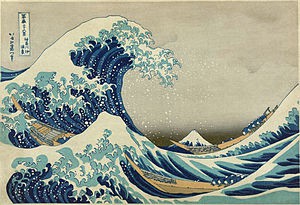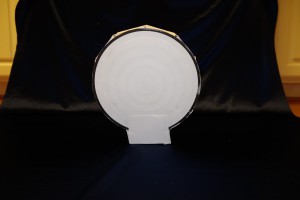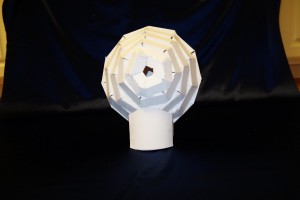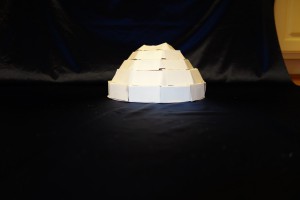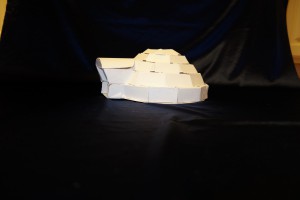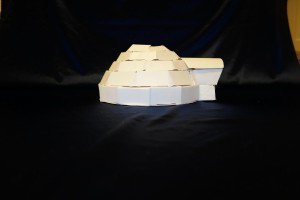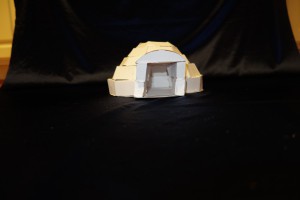I rushed up the stairs after work, trebling with adrenaline. At work I had heard that pictures of people wearing bourgeois gowns were considered fourolds, and I imagined a search party tearing through the photo albums of Xi-reng’s landlord family. I quietly treaded to where Xi-reng and Grandma were cooking diner. Whispering to them my thoughts, they agreed we had to do something. “We could throw them away,” Grandma offered.
“No, they could be found too easily,” Xi-reng commented, “But burning them would work. We could do that after diner if the kids go outside.” We agreed on that plan, and I began steaming the rice.
After diner, I asked Ji-li to go outside with her siblings. “We have something to take care of,” I told her. She reluctantly agreed, but I could tell she knew it had something to do with the Cultural Revolution. I wish she could understand that I was keeping her safe by not telling her. Xi-reng and I immediately went to work. He would tear out the fourolds memories, and I burnt them in a washbowl, watching them dissolve into ashes. The room quickly filled with a thick smoke, but we could not open the window very wide in case the neighbors saw the smoke pushing its way out. After a few minutes and many memories gone, we heard a knock at the door. I opened it a crack as to not let the smoke, and Ji-li and Ji-yun crawled in. They observed the situation, looking at the routine.
“Mom, this one doesn’t have long gowns or anything. Can’t we keep it?” Ji-yun asked pleadingly, gesturing to a picture that Ji-li had picked up.
“The Red Guards might say that only a rich child could ride a camel. And besides, Grandma is wearing a fur coat.” I replied hopelessly. The fire enveloped the memory, erasing the ink into a pile of ash. With that, we finished and I flushed the ashes down the toilet.
No one slept that night.
